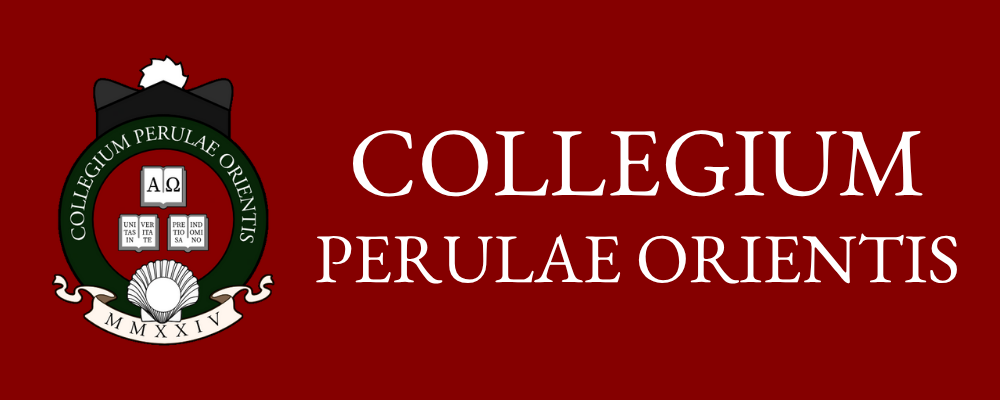Deregulating Education
I would like to thank Dr. Rafael Santos for his indispensable assistance in the preparation of his article.
Like many other governments, the Philippine State claims for itself the right and duty to educate future generations of citizens. For this reason, it has established various regulatory bodies for the educational sector, such as DepEd and CHED, in order to ensure the standardization of educational methods, materials, curricula, and outcomes in accordance with certain metrics.
I seek however to provide a different perspective, namely, that the educational sector should be deregulated from government control, and for the following reasons.
First, Filipino students do not have the same needs. They come from a variety of backgrounds and contexts, and have a variety of strengths and weaknesses. A rich student with high creative skills would have different needs from a marginalized student with high technical skills. A standardized educational system would not suffice to account for these differences, thus becoming an obstacle for genuine human development. Indeed, when society’s demands become more homogeneous, avenues for the development of the whole person, with all his/her needs, become scarcer.
Indeed, the fundamental equality of all human beings does not entail that all people can be treated the same. People can be worlds apart in contexts, experiences, and—as mentioned earlier—skills, and these cannot be wished away by the stroke of a pen. To do so would be the fatal error of many dreamers who sacrificed reality for the sake of utopia. “I am I plus my circumstances,” says Ortega y Gasset, and when dealing with persons it is paramount not to ignore whatever is real and true about them.
Instead of relying on standardized curricula, we should allow schools to tailor-make their curricula to fit the concrete needs of students or even rely on personalized approaches.
Second, undue government influence can stifle the development of ideas. Society’s many stakeholders may have good intentions for the nation, but they have very different means for achieving their goals. The State, on one hand, often seeks to provide the Nation with effective workers who are also loyal citizens. Ernest Gellner’s Nations and Nationalism noted that States often use schools—even private or religious institutions—to spread nationalist ideologies by means of controlling the curriculum, or what he called “quality control in…the manufacture of viable and usable human beings.”
Yet some educators continue to have this sense of pride that somehow, they are training a future generation of critical thinkers: and it really is their role to do so.
This, however, involves developing new perspectives that may threaten dominant (and politically useful) ideologies. It is easy to tell students to “speak truth to power,” but when Power decides who to teach and what to teach, it amounts to nothing more than an empty platitude. In order to ensure true academic freedom, we must therefore limit government regulation.
Finally, and speaking of quality control, we must not forget that there are non-governmental institutions that can safeguard academic and educational quality. Hundreds of years ago the Catholic Church filled this role, and today, there exist many other entities that can play a similar role. Economists would say that competition ensures growth, while monopolies stifle growth: why, therefore, are we allowing the State to have a monopoly over education? Why not allow competing institutions to render their services in helping schools meet both the needs of their students and broader society?
This, indeed, is not just a matter of pragmatism. It is a matter of justice. The Catholic principle of subsidiarity holds that the State must not interfere in the functions of other sectors unless absolutely necessary—and only while the need exists (Compendium of the Social Doctrine of the Church). To violate this principle would be—in the words of a Pope- a “grave evil and disturbance of right order” (Pius XI, Quadragesimo anno).
This does not mean that the government should be completely un-involved in education: it has the right to ensure that citizens are exposed to good culture, which also entails keeping tabs on the quality of education (St. Paul VI, Gravissimum educationis; Pius XI, Divini illius magistri). This, however, must respect the principle of subsidiarity and avoid any kind of monopoly. What I am advocating for, therefore, is that quality control should be pluralistic.
And if ever the State should be involved, it should be dealt with by local educational boards instead of an omnipotent bureaucracy. This is in congruence with the principle of subsidiarity. To conclude, in order to allow our educational sector to grow, we must allow educators and schools—not bureaucracies—to discern what their students need and teach accordingly. Doing so is a matter of both common sense and justice, and we owe it to our children to make it so.
Daniel Tyler Chua is the founder and president of the Collegium Perulae Orientis. He is also a contributor to the Philippine Daily Inquirer and The Sentinel PH.

